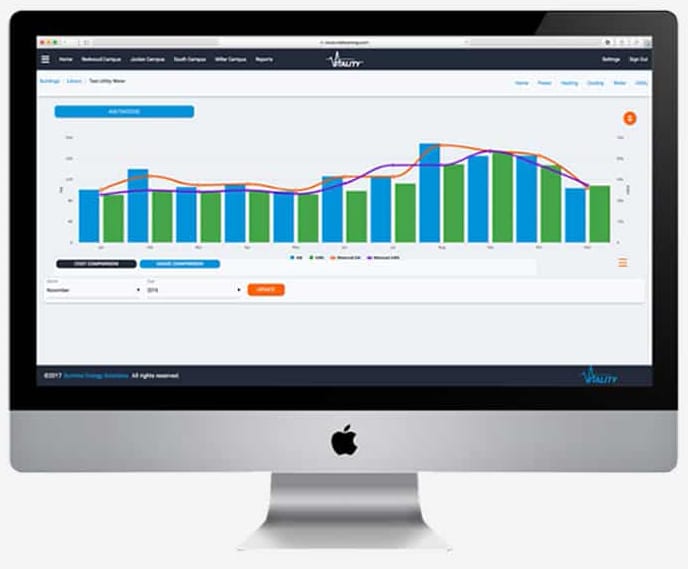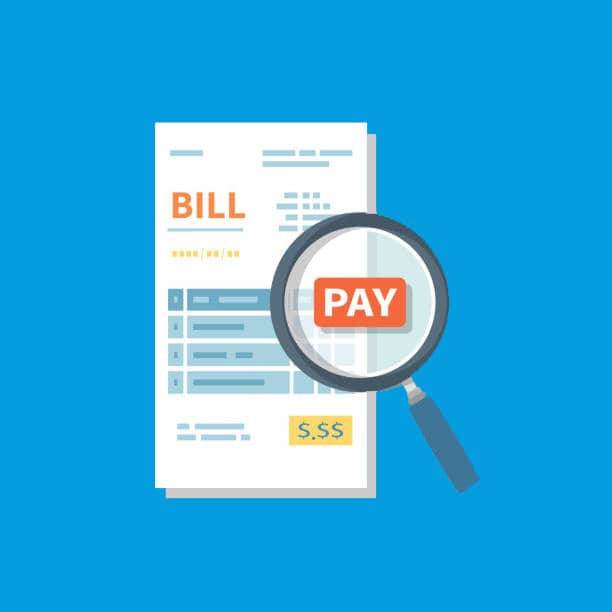Navigating the Complexities of Residential Utility Billing
Join me on a journey to understand and overcome the challenges of managing residential utility bills. Learn how to optimize expenses and explore successful strategies through real-life case studies. Let’s dive in!

Introduction
Welcome to my blog! In this article, we will explore the intricacies of residential utility billing and how it affects your monthly expenses. Gain insights to make informed decisions and maximize your savings.
Understanding Residential Utility Billing
Electricity
Residential utility billing for electricity involves the measurement of household energy consumption through meters, with monthly bills reflecting the amount of electricity used at standard rates, often incorporating factors like time-of-use pricing or tiered structures, impacting costs based on usage patterns.
Water
Residential utility billing for water involves the measurement of household water consumption through meters, with charges reflecting the volume used and often incorporating tiered pricing structures to encourage conservation while ensuring fair billing based on individual usage patterns.
Gas
Residential utility billing for gas entails monitoring household gas consumption through meters, with monthly bills calculated based on the volume of gas used and potential adjustments for factors like seasonal variations or tiered pricing structures, ensuring accurate and fair charges aligned with individual usage patterns.
Common Challenges in Residential Utility Billing
1) Complex Pricing Structures
Various pricing tiers, RUBs billing, Time of Use billing, and submetered units all can create complex pricing structures for property managers.
2) Inaccurate Meter Readings
Property managers often have to deal with inaccurate meter readings. This is usually due to the process of manually reading meters is far from perfect.
3) Hidden Fees and Surcharges
Hidden fees and surcharges often affect the property managers as well as the tenants. New practices are emerging to stay on top of this and to help management groups budget correctly.
4) Inefficient Appliances
Different appliances can dramatically affect your consumption, which can lead to unexpectedly high bills. On top of this, equipment will become outdated and this will lead to a less efficient system.
Key Factors to Consider in Managing Utility Bills
Smart Home Integration
Find out how integrating smart home technology can optimize your utility usage and reduce costs.
Renewable Energy Solutions
Discover the benefits of solar panels and other renewable energy sources for both the environment and your wallet.
Utility Billing System
Using a utility billing system, you will not only be able to accurately bill your tenants, but you will also gain valuable insights into your utility data.
Tips for Optimizing Residential Utility Expenses
Energy-Efficient Lighting
Upgrade to LED bulbs and explore other lighting solutions to reduce electricity usage.
Water Conservation Techniques
Implement simple strategies like low-flow fixtures and efficient landscaping to conserve water.
Appliance Maintenance
Discover how regular maintenance and cleaning can improve appliance performance and cut down on energy consumption.
Power Strips and Timers
Find out how using power strips and timers can help eliminate wasted electricity.

Conclusion and Key Takeaways
As we conclude this journey, remember the importance of understanding your residential utility bills. By implementing cost-effective strategies, you can optimize your expenses and make a positive impact on the environment. Start your path towards efficient utility management today!




